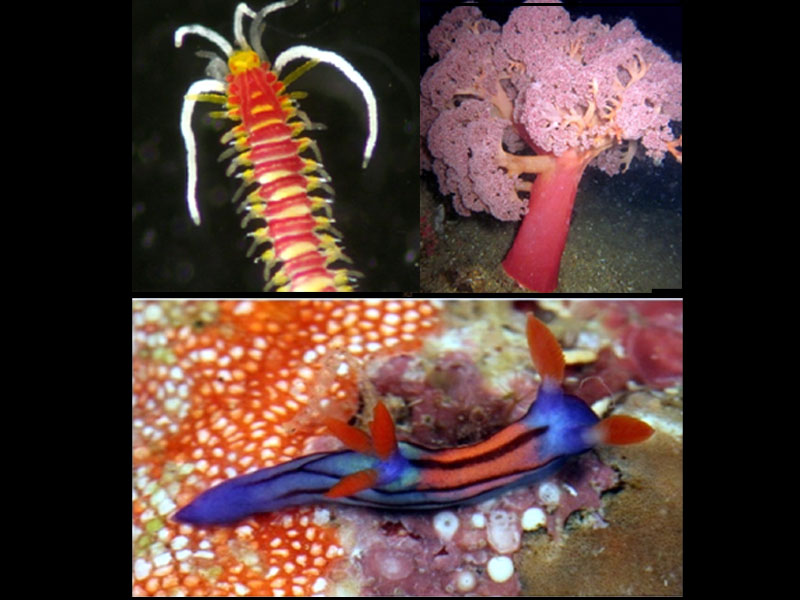Hundreds of new species found in Philippines
MANILA, Philippines—Lobsters without shells and a small shark that bulks up with water to scare off predators are among hundreds of potential new species found in the Philippines, according to a US-led biodiversity survey.
The California Academy of Sciences said it discovered more than 300 previously unknown animals and plants during a recent 42-day marine and land survey of the vast but ecologically threatened Southeast Asian archipelago.
“The Philippines is one of the hottest of the hot spots for diverse and threatened life on Earth,” expedition leader Terrence Gosliner said in statement on the academy’s website posted this week.
“Despite this designation, however, the biodiversity here is still relatively unknown, and we found new species during nearly every dive and hike as we surveyed the country’s reefs, rainforests, and the ocean floor.”
Their notable finds included a deep-sea shark that swells its size by filling its stomach with water to scare off other predators, and a starfish that eats only driftwood.
They also found three new lobster relatives, a crab with pincers lined with needle-like teeth, and a worm-like pipefish hiding among soft-coral colonies.
Many of these avoided previous detection because they were too small, including goblin spiders, sea slugs and barnacles, the statement said.
Others existed in places rarely, if ever, visited by humans, such as a snake eel from the ocean floor and a primitive spikemoss from the dangerously steep upper slopes of the 1,976-meter (6,483-foot) Mount Isarog.
The statement was an update of the group’s announcement in Manila on June 8 immediately after finishing the survey, when it said it had found about 75 potential new species including a cicada that made a “laughing” call.
No reason was given this week for the sharp jump in potential species found.
But the group said on June 8 that it was still studying the collected samples, comparing them with existing literature.
It said it would have a definite number of confirmed newly discovered species “over the coming months”, as scientists completed DNA studies.
The finds add weight to the idea that Philippine waters likely house more species than any other marine environment on earth, the academy statement said.
It urged Philippine conservators to set up or expand marine protected areas and curb plastic rubbish that litters the ocean floor.
It said many of the current supposedly protected ecosystems were mere “paper parks” that lacked any means to stop logging and hunting.
